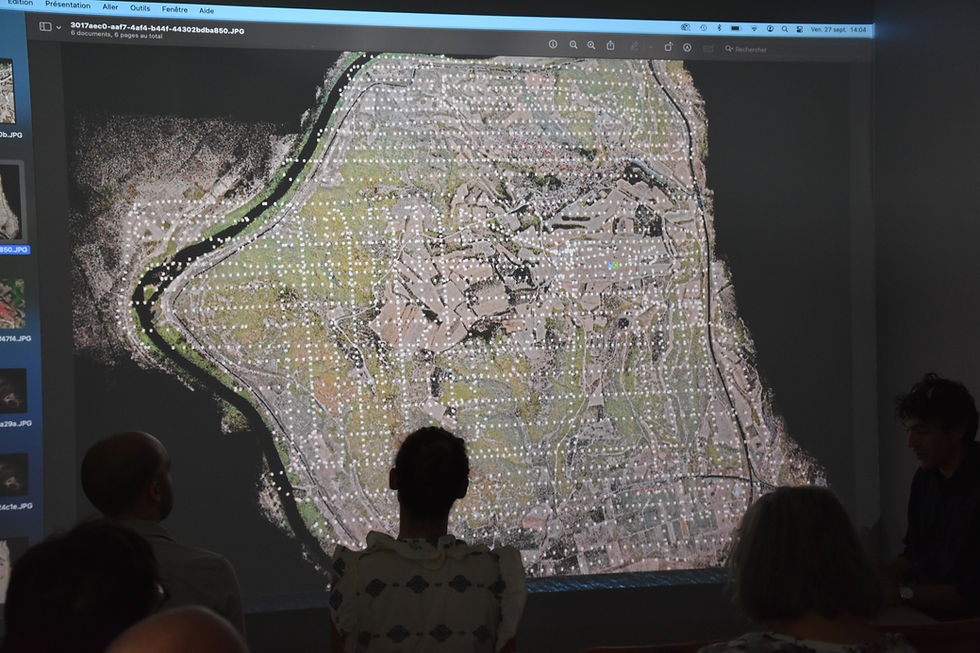ANCHISE workshop: assessing users' technological needs in the fight against illicit trafficking
- michaelculture

- Oct 23, 2023
- 2 min read

On Thursday 5 October, the ANCHISE Consortium held an online workshop with more than 60 participants to assess the user needs of those working in the field of technology-based cultural heritage protection. The workshop brought together speakers from different cultural heritage professional backgrounds who shared their insights on what they felt would help them in the fight against illicit trafficking.
The workshop highlighted the need for greater cooperation and communication between authorities, institutions and the public, and emphasised the importance of sharing data and information in order to more effectively identify illicit trafficking of cultural heritage and contribute to the development of monitoring and protection policies.
The ANCHISE consortium is committed to developing solutions that meet the needs of those working to protect cultural heritage. The workshop was an important step in this process of understanding how to improve prevention, detection and interdiction.
Addressing key issues
Throughout the workshop, several critical issues were addressed, highlighting the multifaceted challenges of cultural heritage protection:
Digital technologies in heritage conservation: Participants emphasised the value of modern digital tools, remote sensing and advanced databases in monitoring and safeguarding archaeological sites.
Repatriation efforts: Several presenters discussed ongoing repatriation initiatives and highlighted successful cases of returning stolen cultural artefacts to their countries of origin. These efforts underscored the importance of international cooperation in combating illicit trafficking.
Legal frameworks: The workshop also addressed the need for stronger national and international legal frameworks to combat illicit trafficking in cultural artefacts and to facilitate repatriation, and analysed some existing gaps.
Community engagement: The importance of involving local communities and encouraging their active participation in heritage protection was highlighted as an effective way to safeguard cultural treasures.
Cross-border cooperation: The global nature of the problem requires cross-border cooperation and information sharing to track stolen artefacts that may have crossed international borders.
Future developments: The workshop also emphasised the need for continued development of specific technologies, strategies and cooperation. Ensuring continued efforts to identify, track and repatriate stolen cultural objects is essential to the preservation of cultural heritage.
In conclusion, the ANCHISE consortium online workshop was a key event, providing a platform for experts to exchange ideas and insights. Véronique Chankowski summarised the results of the event by saying:
"It's true. We need people, we need archaeologists, we need academic knowledge about archaeology. But let's not use this argument to diminish the importance of new technologies".
The impact of the workshop will undoubtedly extend far beyond the virtual meeting room, influencing future strategies and initiatives within and beyond the ANCHISE project.



